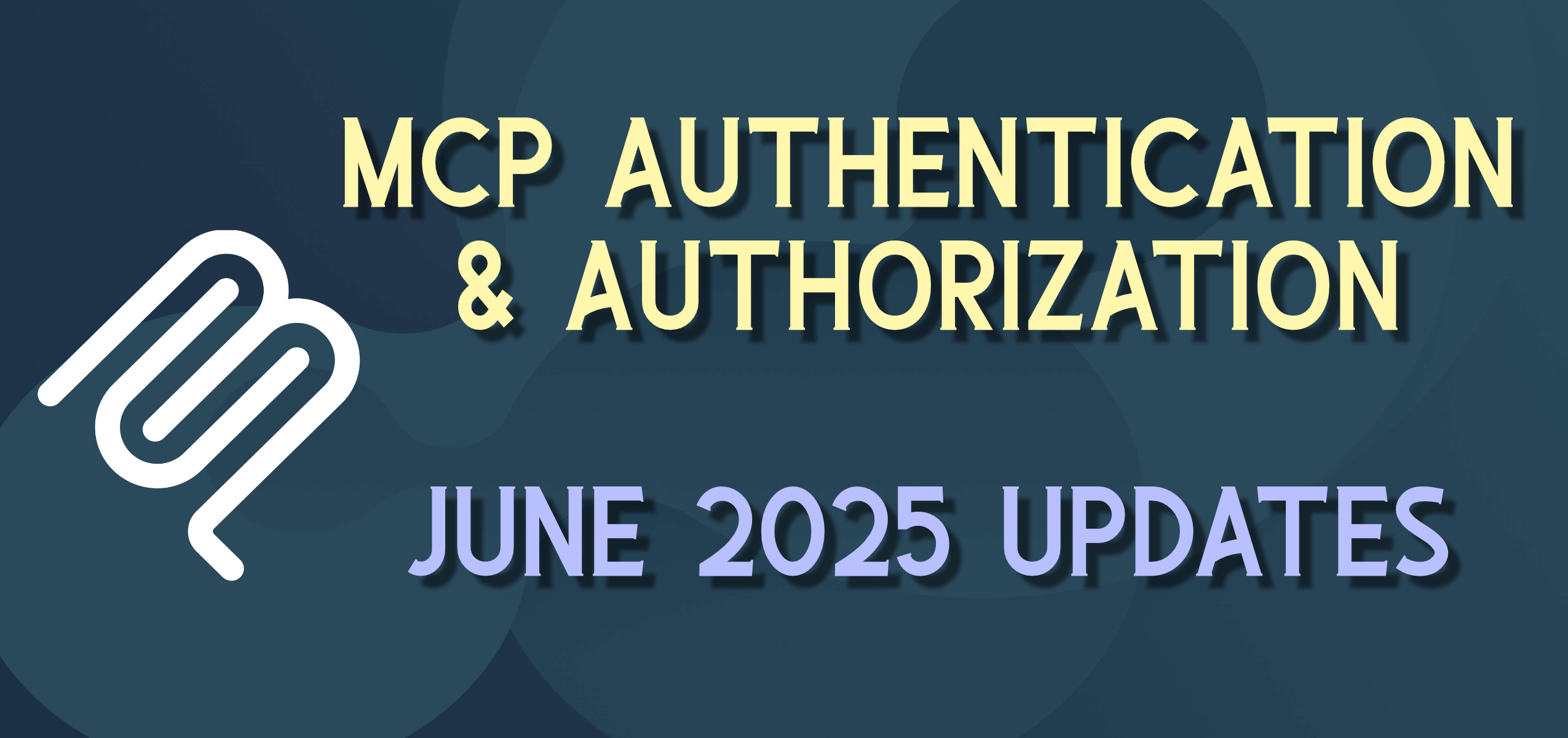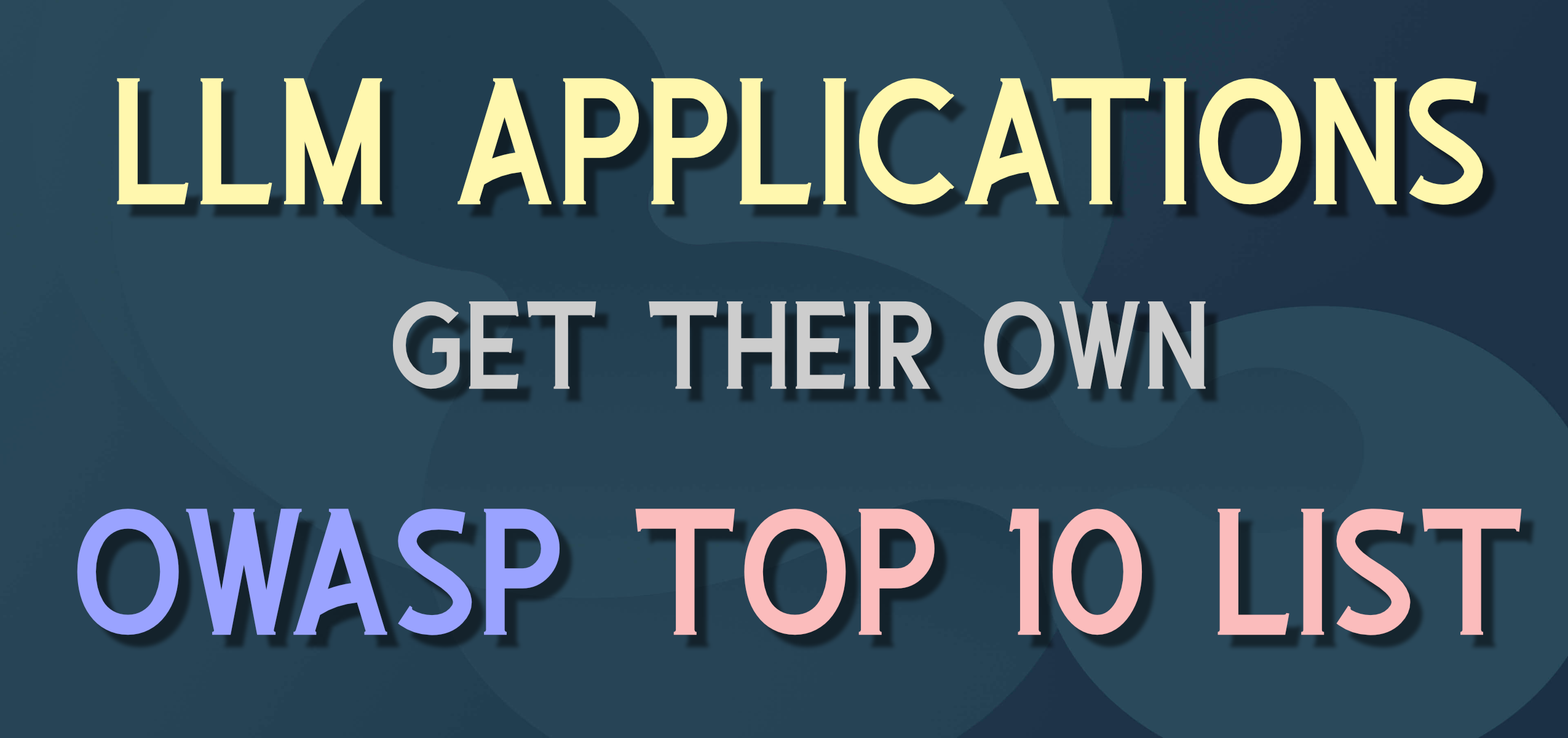2009 Reading List – Already out of control
I don’t know how it happened that all of the books that I requested from the library, and pre-ordered from Amazon, all seemed to show up in the same 7 day period. It doesn’t help that that was the same period of time I was at the CodeMash 2009 conference, and that only lead to more recommended reading. So I physically have all but one of the eleven books below in-hand, and six of them are due within three weeks back to the library.
My purpose for blogging this is to see if anyone else is considering (or already) reading any of these and might be interested in a dialogue or virtual “book club” of sorts this year. It is always good to discuss new ideas, especially if they are kind of “heady”. I want to be through this list before summer, and will write more detailed reviews of the best of them. But if you are interested in “reading along” let me know.
Fiction
- Ender in Exile – Orson Scott Card. I really loved Ender’s Game (1985) when I was younger and I am always a sucker for a new Ender book. Many/most/all? have been disappointing compared to the original, but I hold out hope for each new effort from OSC. This book comes sequentially right after Ender’s Game and supposedly gives details and ties up some loose ends from the entire series.
Technical / Design
- Presentation Zen: Simple Ideas on Presentation Design and Delivery – Garr Reynolds – Too often recommended by fellow speakers. I’ve reviewed a lot of the surrounding materials online, so I picked up the book to get more details.
- Implementing Lean Software Development – Mary and Tom Poppendieck. Probably the best session at CodeMash 2009 for me was the discussion and practice of value-stream mapping, which in a nutshell is removing all the waste from a process to focus on just what is important (i.e. has value).
- The Back of the Napkin: Solving Problems and Selling Ideas – Dan Roam. I love design, and also love communication. This book title came up in several different presentations and conversations so it went “on the list”.
- Open Space Technology: A User’s Guide – Harrison Owen. Some of the most interesting and important conversations and dialogues at the CodeMash 2009 conferences came as part of the Open Spaces “track”. In short, this is kind of an “unconference” in that there are no set topics or agenda before the conference starts. The group at the conference decides the topics and self manages the facilitation and discussions. If done well this is quite powerful.
Faith / Motivational
- Thinking Like a Christian: Understanding and Living a Biblical Worldview – David Nobel and Chuck Edwards (Summit Ministries). This is an analysis of how everyone operates with a worldview that impacts what they believe about things like Theology, Philosophy, Biology, Psychology, Ethics, Sociology, Law, Politics, Economics, and History.
- Think and Make it Happen – Augsto Cury. This book is from a very well known psychiatrist that sets up his theory of “Multi-Focal Theory” that states how to consciously mold how you think and what you think towards what it is you want to accomplish. We’ll see.
Strategic / General
- Outliers: The Story of Success – Malcom Gladwell. I really wanted to read this book after watching the author’s TED video called “What can we learn from spaghetti sauce”. I am actually listening to the audiobook of this now (well not right now, but you understand). It is a book that looks for statistical “outliers” (people that operate well out of the norm (in good ways) than other people in their area – whether it be athletes, scholars, musicians, healthy people, business folks, etc.). I am really blown away by some of the ideas and information already. I will review in a week or so when I am done with it.
- Five Minds for the Future – Howard Gardner. Just shipped from Amazon “©2009” (still in the mail) – from the man who brought us Multiple Intelligences, comes a book to help “delineate the kinds of mental abilities (“minds”) that will be critical to success in a 21st century landscape of accelerating change and information overload.” The five minds are “disciplined”, “synthesizing”, “creating”, “respectful” and “ethical” – and I have no idea what to expect beyond that.
- Made to Stick: Why Some Ideas Survive and Others Die – Chip and Dan Heath. A book related to Gladwell’s previous book called The Tipping Point, it is a study of “memory, emotion, and motivation” to see why some ideas, phrases, products or ideas are very memorable, and why others “go in one ear and out the other”.
- The Black Swan: The Impact of the Highly Improbable – Nassim Nicholas Teleb. This book flowed out of a discussion on planning and prediction of projects and technology and realizing that so much of what happens in projects (and life) is completely unpredictable.
- Selling Blue Elephants: How to make great products that people want BEFORE they even know they want them – Howard R. Moskowitz and Alex Gofman. This book details Moskowitz’s concept of Rule Developing Experimentation (RDE) which lead to the “spaghetti” example in Gladwell’s TED Video. Basically, how to help people find out what they really want even if they don’t know what they really want. Wild ideas.



